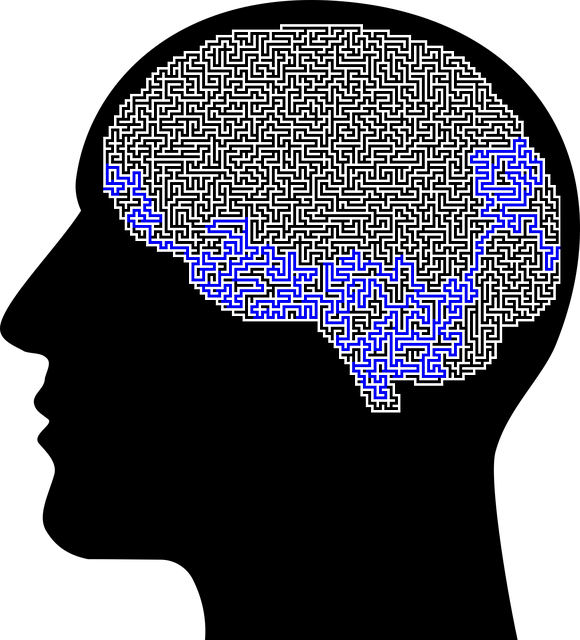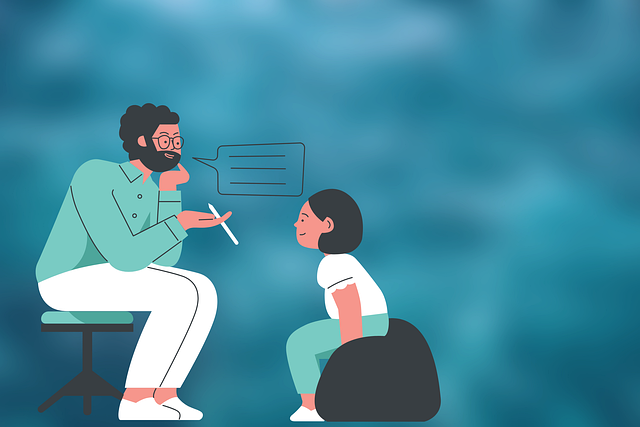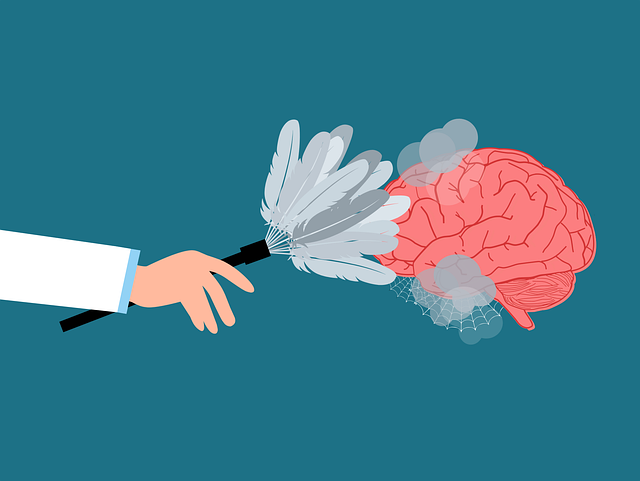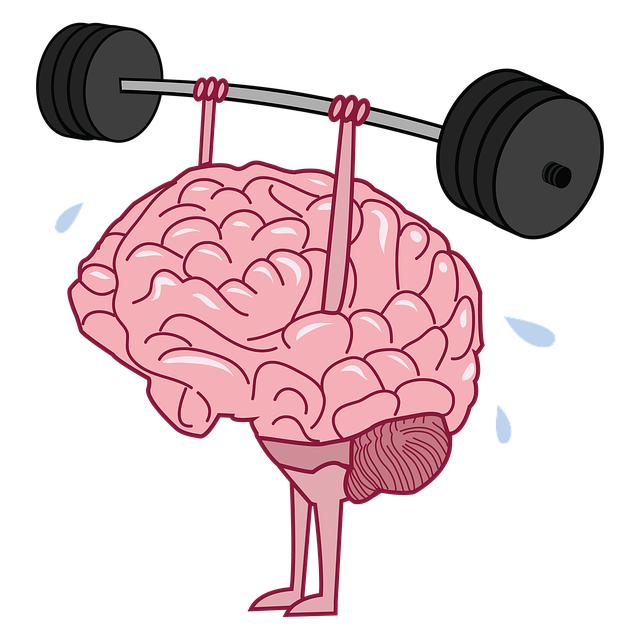Digital interventions like apps designed for Lakewood Sexual Abuse Survivor Therapy are gaining popularity as accessible tools for healing and resilience, offering personalized programs integrating stress management, compassion cultivation, and mindfulness meditation. These apps address barriers to traditional therapy, ensuring convenience and inclusivity, and significantly reaching underserved communities. With evidence-based practices and user-centric design, they empower survivors to take control of their mental health journey at their own pace, complementing existing services and promoting equal access to mental health support. Effective marketing strategies and accessibility features are crucial for their success in targeting specific demographics.
Mental wellness apps have emerged as powerful tools, addressing a growing need for accessible support. This article explores the development of such apps, focusing on their potential impact on survivors of sexual abuse, like those in Lakewood. We’ll delve into key features that make these apps effective, from personalized therapy sessions to community forums. Understanding the target audience, including unique needs like those of Lakewood Sexual Abuse Survivor Therapy clients, is crucial for app success. Additionally, we’ll discuss marketing strategies and accessibility measures to maximize their reach.
- Understanding the Need for Mental Wellness Apps
- Target Audience: Who Needs These Apps? (Focus on Lakewood Sexual Abuse Survivor Therapy)
- Key Features of Effective Mental Wellness Apps
- Development Process: Building a Supportive Digital Space
- Marketing and Accessibility for Maximum Impact
Understanding the Need for Mental Wellness Apps

In today’s fast-paced world, mental wellness has become a paramount concern, especially for survivors of trauma like sexual abuse. Apps designed for Lakewood Sexual Abuse Survivor Therapy are gaining traction as accessible tools to support healing and resilience. These digital interventions cater to individuals who might face barriers in accessing traditional therapy services due to various constraints, including geographical location, financial limitations, or personal preferences for privacy and flexibility.
By integrating practices such as stress management techniques, compassion cultivation, and mindfulness meditation, mental wellness apps offer a holistic approach to well-being. They provide personalized programs tailored to individual needs, making therapy more inclusive and convenient. This shift towards digital therapy is particularly significant in reaching underserved communities and ensuring that everyone has access to the support they deserve for their mental health journey.
Target Audience: Who Needs These Apps? (Focus on Lakewood Sexual Abuse Survivor Therapy)

Survivors of sexual abuse often face unique challenges on their journey to healing and recovery. They require specialized support that addresses their specific traumas and needs, which is where apps designed for Lakewood Sexual Abuse Survivor Therapy can play a transformative role. These digital tools offer accessible and discreet resources tailored to help individuals navigate the complexities of mental wellness.
The target audience for such apps encompasses a broad spectrum, including survivors from diverse backgrounds who have experienced sexual abuse. By providing personalized therapy sessions, coping mechanisms, and support networks, these applications cater to those who might find traditional therapy settings intimidating or inaccessible. Moreover, they complement existing services like Mental Health Policy Analysis and Advocacy, Mental Wellness Coaching Programs Development, and Healthcare Provider Cultural Competency Training by offering a convenient, private space for users to engage with their mental health journey at their own pace.
Key Features of Effective Mental Wellness Apps

Mental wellness apps have emerged as powerful tools to support individuals’ emotional well-being, especially those with specific needs like Lakewood Sexual Abuse Survivor Therapy. Effective mental health apps offer a range of features tailored to individual user requirements. One key aspect is personalisation; allowing users to set their own goals and track progress, catering to diverse mental wellness journeys. Customised plans, adaptive therapy techniques, and regular feedback mechanisms are essential tools within these apps.
Additionally, building a sense of community through peer support groups and secure messaging systems can significantly enhance user engagement. Incorporating evidence-based practices such as mindfulness exercises, cognitive-behavioural therapy techniques, and stress management strategies ensures the app’s effectiveness. Cultural sensitivity in mental healthcare practice is also crucial, with apps considering diverse cultural contexts to provide inclusive support. Features like empathy building strategies and inner strength development contribute to users’ resilience and coping mechanisms, making these apps valuable resources for holistic mental wellness.
Development Process: Building a Supportive Digital Space

The development process for a mental wellness app, especially one catering to survivors of sexual abuse like those seeking therapy in Lakewood, involves creating a supportive digital space. This begins with understanding the unique needs and challenges faced by this demographic. App developers must collaborate closely with therapists, counselors, and support groups to integrate evidence-based practices and techniques such as conflict resolution strategies and stress management workshops organization.
By incorporating these elements seamlessly into the app’s interface, users can access therapeutic tools on-demand, fostering a sense of empowerment and control over their mental health. The design should prioritize user privacy, security, and accessibility, ensuring that personal information is protected while offering customizable features to tailor support to individual needs. This holistic approach not only enhances the effectiveness of the app but also contributes to the broader goal of improving mental wellness outcomes for survivors.
Marketing and Accessibility for Maximum Impact

Marketing and accessibility are key factors in maximizing the impact of a mental wellness app, especially when catering to specific demographics like Lakewood Sexual Abuse Survivor Therapy clients. Effective marketing strategies should focus on creating awareness and fostering trust among targeted users. This involves understanding their unique needs and challenges, such as post-traumatic stress and low self-esteem, and tailoring content accordingly. By leveraging digital platforms, social media campaigns, and partnerships with reputable mental health organizations, developers can ensure their app reaches the right audience.
For maximum accessibility, the app should be designed with inclusivity in mind. This includes offering multiple languages, text-to-speech functionality, and adjustable settings for users with diverse abilities. Incorporating features that support Emotional Intelligence and providing Crisis Intervention Guidance can significantly enhance user engagement and satisfaction. Additionally, incorporating tools for Self-Esteem Improvement can empower individuals to take control of their mental health journey while receiving tailored support.
Mental wellness apps, such as those tailored for Lakewood Sexual Abuse Survivor Therapy, are vital tools in modern digital healthcare. By understanding the specific needs of survivors and incorporating key features like personalized support, secure communication, and evidence-based techniques, developers can create effective resources. A well-crafted app, developed through user-centric processes and strategically marketed to reach diverse audiences, has the potential to revolutionize access to care, offering continuous support and fostering healing journeys.













